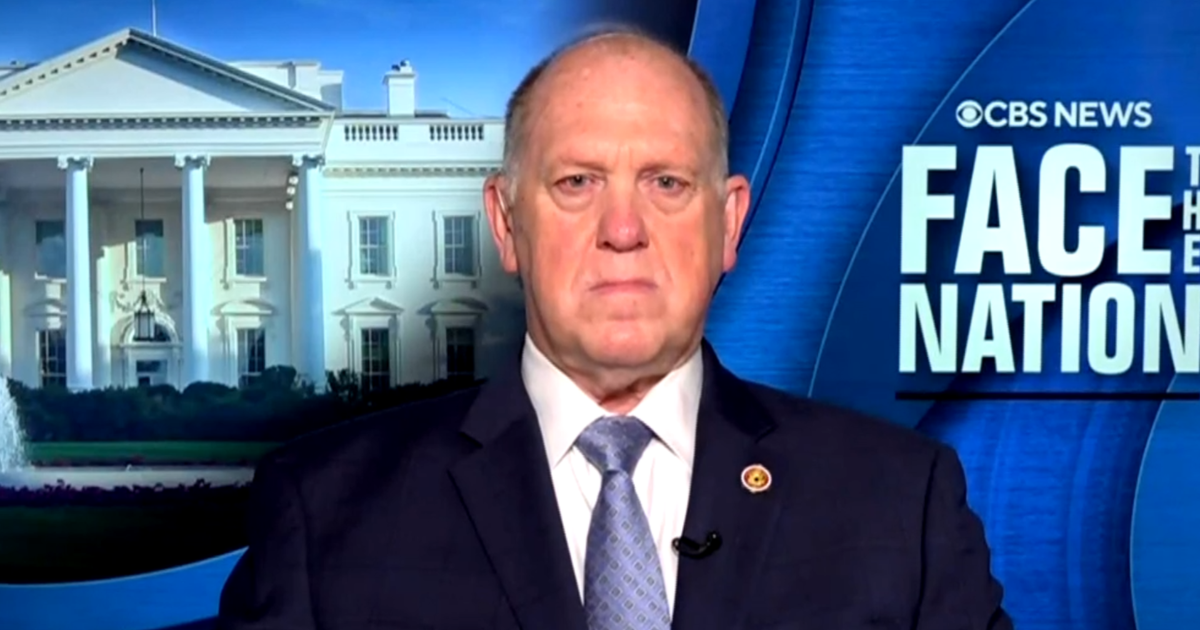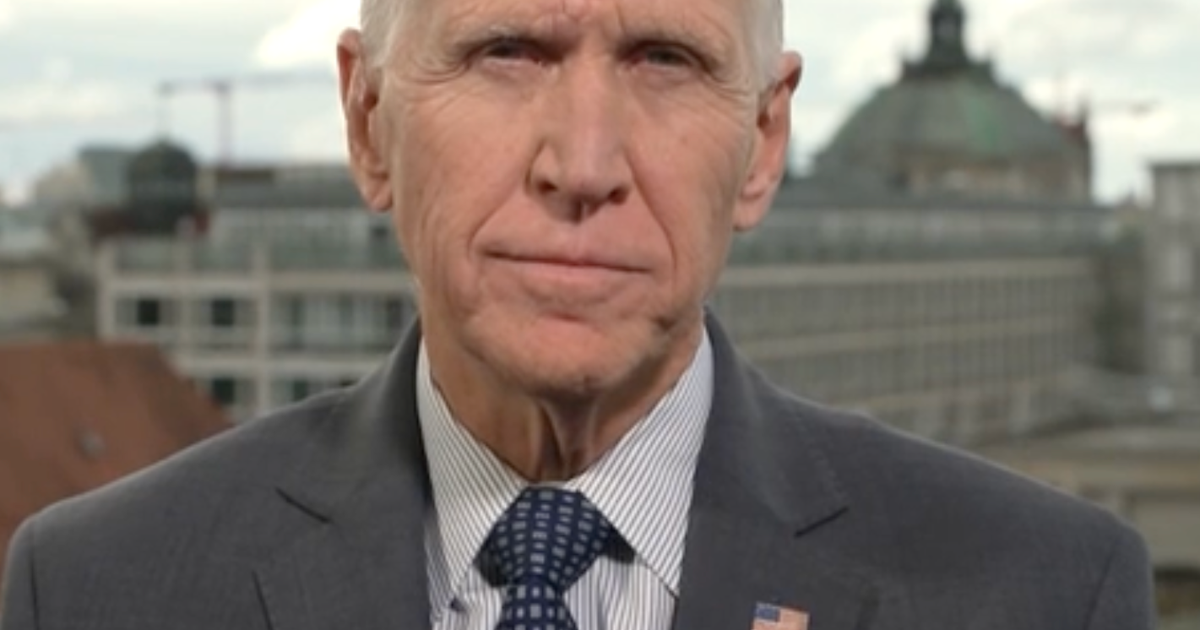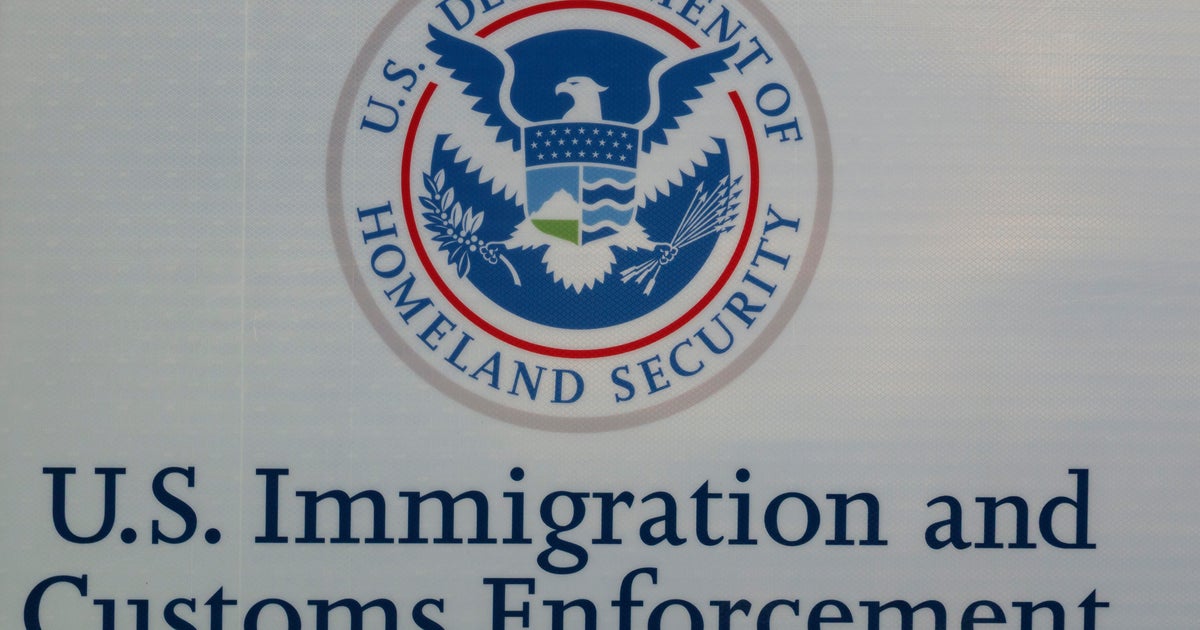CrowdStrike co-founder says "more needs to be done" to secure election infrastructure
Washington — With less than 80 days until the general election, the co-founder of CrowdStrike, a cybersecurity technology company, warned that the federal government and states need to be doing more to protect election infrastructure from cyberattacks by malign actors.
In an interview Sunday with "Face the Nation," Dmitri Alperovitch, who co-founded CrowdStrike and worked as its chief technology officer, said he is worried about attacks on voting infrastructure, such as voter databases, vote tallying systems and vote reporting systems.
"Those are very, very vulnerable to hacking," Alperovitch said. "And we need to be doing more to protect them."
Alperovitch said the Cybersecurity and Infrastructure Security Agency, a component of the Department of Homeland Security that works to defend against cyberattacks, is scanning election systems ahead of the November election, but said "more needs to be done."
In addition to hacking election infrastructure, Alperovitch said there are numerous ways foreign entities can interfere in U.S. elections, including by hacking into campaigns and political organizations as the Russians did in 2016, and by engaging in influence operations as the intelligence community has warned China, Iran and Russia are doing.
But Alperovitch said his "biggest concern" is the "hackability of our election systems, both from the influence side as well as the voting perspective."
"I can tell you from my experience that voting is the hardest thing to secure when it comes to cybersecurity. It is literally the hardest problem out there," he said.
Alperovitch said the safest way to protect the election system is by using paper ballots, either through mail-in ballots or in-person voting with a paper record.
"Paper cannot be hacked. However, there is a legitimate concerns about logistics,' he said. "I'm not so much concerned about foreign entities interfering in the paper process, but we do need to make sure that states are prepared to take in the huge number of mail-in ballots that will come in."
Many states are expanding mail-in voting for November as they work to limit the risk of exposure to the coronavirus. But the expected influx of mail-in ballots has led to concerns as to whether state election systems are prepared to handle the added strain, as well as whether the U.S. Postal Service, now under the helm of a major Republican donor, Louis DeJoy, as postmaster general, can meet crucial voting deadlines.
Alperovitch said states need to "ramp up their capabilities" ahead of November 3 and make sure they're prepared now rather than the day before the election.
"I think we haven't been preparing for this and a lot of people were assuming that the disease would go away in a few months," he said. "Of course, it's still here and now a lot of people are concerned about voting in person and we need to make sure that they have an opportunity to do so safely."



